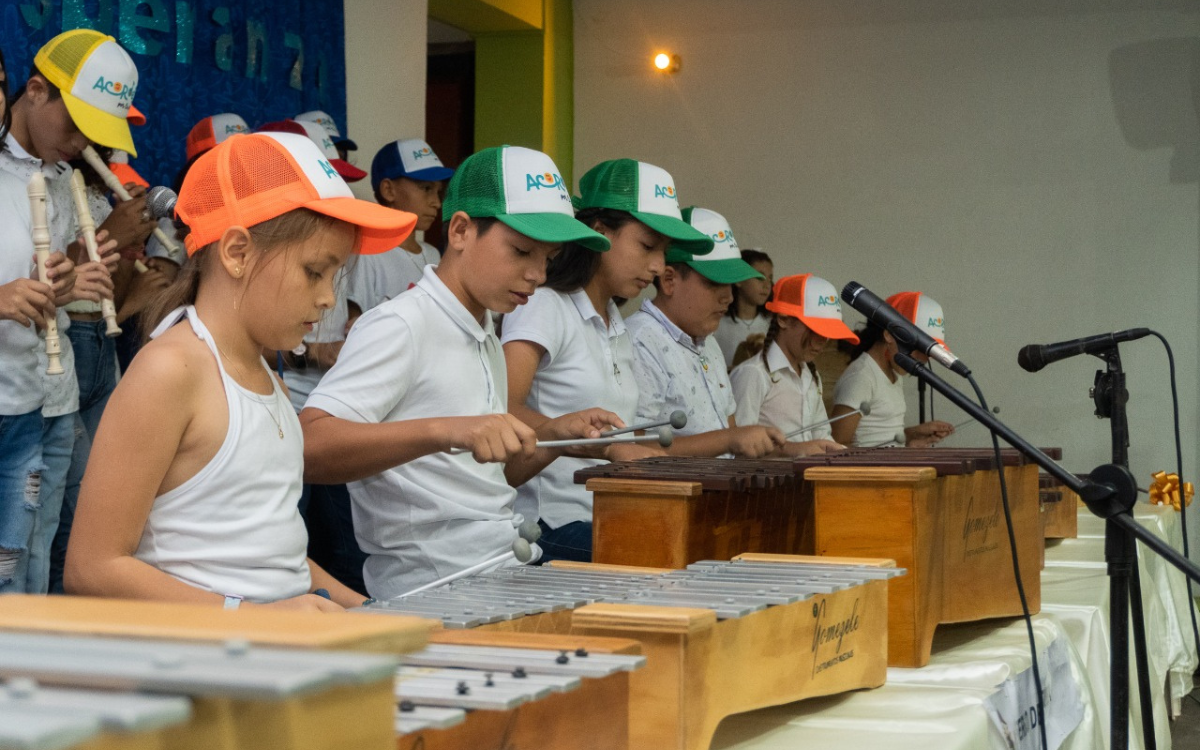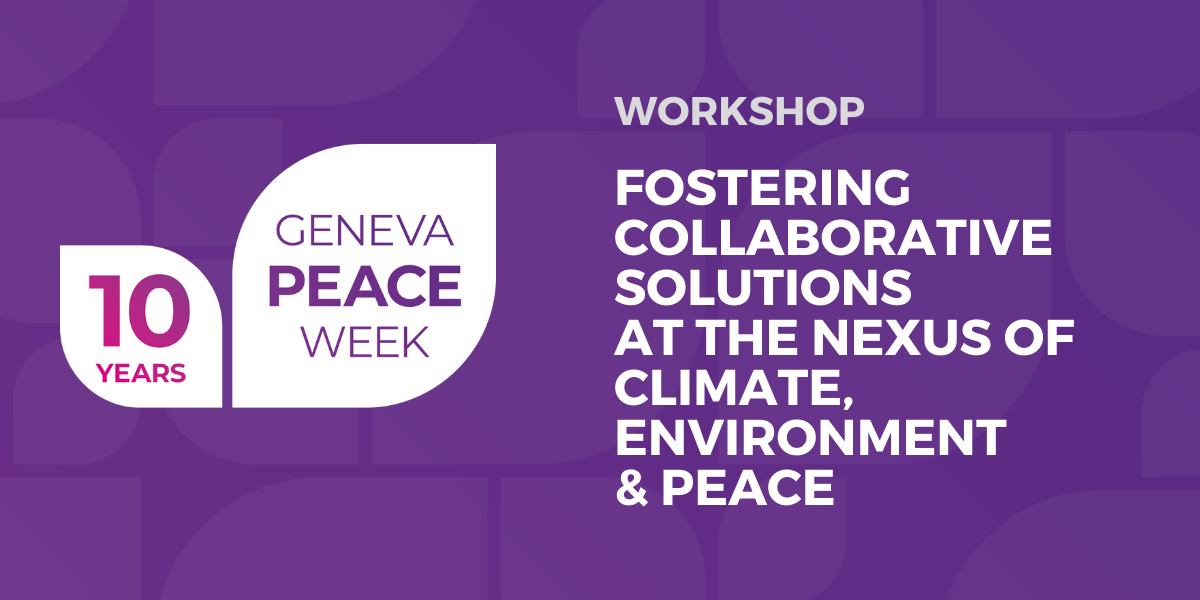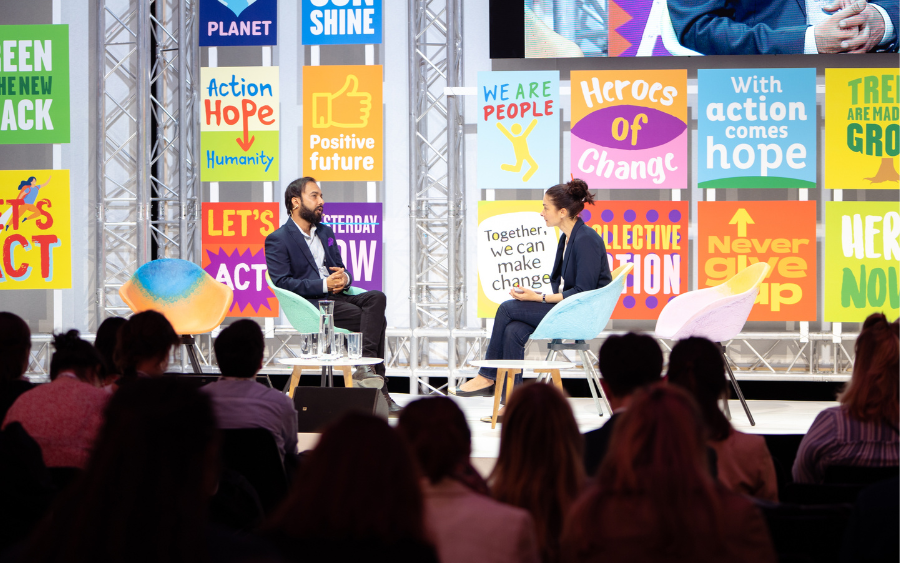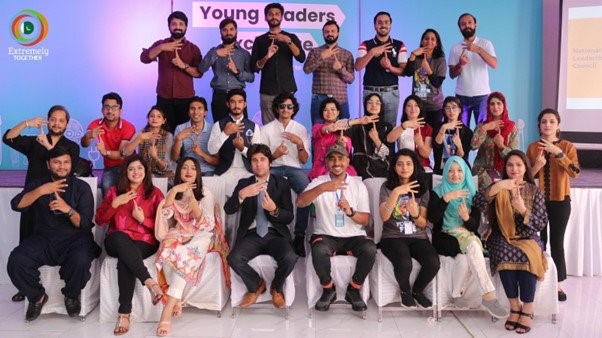Peace & Trust
Societies emerging from violent conflict face many challenges as they aim for political stability and socio-economic development. Above all, these societies have to deal with the legacy of the past: widespread human rights violations, continuing communal or ethnic tensions, the collapse of the justice system, the failure of the security services and the erosion of state legitimacy. Countries have sought to manage that legacy with the support of the international community using various approaches such as truth-seeking, reconciliation initiatives and transitional justice mechanisms. These approaches have become part of the standard framework of peace agreements and processes. But do these approaches work? The Kofi Annan Foundation questions current practices and proposes ways that better help war-torn societies to build lasting peace.



